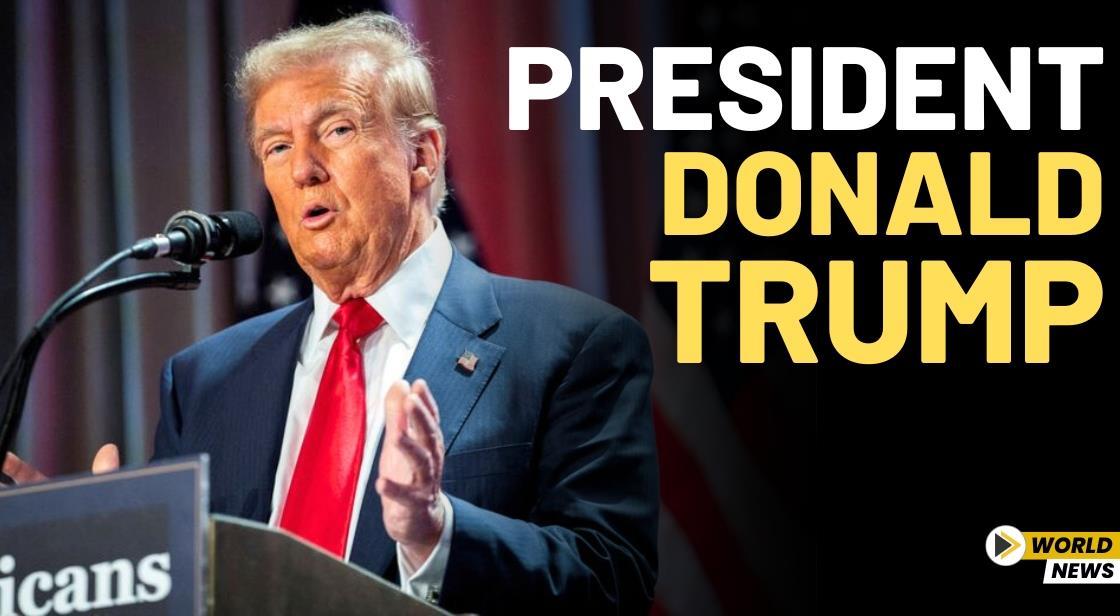Global Markets Surge, Oil Prices Drop After Trump Announces Iran-Israel Ceasefire

News Synopsis
Global stock markets soared on Tuesday while oil prices plunged, following an unexpected announcement from former U.S. President Donald Trump declaring a ceasefire agreement between Iran and Israel. The development calmed investor fears about potential disruptions to global energy supplies.
Trump Declares Ceasefire on Truth Social
Posting on his social media platform, Truth Social, Trump stated that a ceasefire agreement between Iran and Israel would begin within 12 hours, after which the war would be considered “ended”.
Mixed Responses from Iran and Israel
There was no immediate confirmation from Israeli officials. While an Iranian official verified Tehran’s willingness to commit to a ceasefire, Iran's Foreign Minister stressed that “there would be no cessation of hostilities unless Israel stopped its attacks.”
Oil Prices Fall as Supply Threat Fades
U.S. Crude Hits Lowest Level Since June 11
Oil markets reacted sharply, with crude prices diving more than 3% on Tuesday. This follows a 9% decline on Monday after Iran’s symbolic strike on a U.S. base—seen by analysts as a move signaling de-escalation. U.S. crude futures dropped to $66.15 per barrel, marking their lowest level since June 11.
“With markets now viewing the escalation risk as over, market attention is likely to shift towards the looming tariff deadline in two weeks' time,” said Prashant Newnaha, Senior Asia-Pacific Rates Strategist at TD Securities.
“Our sense is that the quicker than expected resolution to the Middle East conflict leads to expectations for a swifter resolution on tariffs and trade deals.”
Equities Climb Globally as Risk Sentiment Improves
Futures and Global Indices
U.S. stock futures saw gains, with the S&P 500 futures up 0.6%, Nasdaq futures 0.9% higher, and other futures up between 0.4% to 1.3%.
The MSCI’s Asia-Pacific Index (excluding Japan) jumped 1.8%, and Japan’s Nikkei rose 1.4%.
In China, blue-chip shares advanced 1%, while Hong Kong’s Hang Seng index climbed 1.7%.
Japan Targets End to Tariff Pressure
Two sources informed an international news agency that Japan’s tariff negotiator, Ryosei Akazawa, is preparing for a seventh visit to the U.S. around June 26, hoping to resolve trade tensions affecting Japan’s economy.
Currency Movements: Dollar Weakens, Yen and Euro Strengthen
Impact of Lower Oil Prices on Currency Markets
The dollar extended its overnight losses, falling 0.3% to 145.70 yen, retreating from a recent six-week high of 148 yen. The euro gained 0.2%, reaching $1.1594 on Tuesday after a 0.5% rise overnight.
Lower oil prices supported the yen and euro, given the EU and Japan's dependence on energy imports, while the U.S. remains a net energy exporter.
“The market was so well hedged against a major tail-risk event to play out…the actions and the dialogue we’ve seen highlight that the tail risks have not and will highly unlikely materialise,” said Chris Weston, Head of Research at Pepperstone.
Treasury Yields and Fed Commentary
Ten-year U.S. Treasury yields ticked up 2 basis points to 4.35%, following a 5 bps decline overnight. This came after Fed Vice Chair for Supervision Michelle Bowman noted that the time for cutting interest rates might be nearing, as risks to the labor market grow.
Eyes on Powell’s Testimony
Federal Reserve Chair Jerome Powell is scheduled to speak before Congress later on Tuesday. While Bowman hinted at potential rate cuts, Powell has remained cautious about any immediate easing.
Currently, markets estimate only a 22% chance of a Fed rate cut during the upcoming meeting on July 30.
Gold Prices Slide Amid Risk-On Sentiment
Gold, typically a safe-haven asset, eased by 0.6% to $3,346 an ounce, as investor appetite shifted toward riskier assets in the wake of the ceasefire news.
Conclusion
The announcement of a ceasefire between Iran and Israel by former U.S. President Donald Trump has significantly shifted the global economic landscape—at least in the short term. With fears of an extended conflict in the Middle East easing, oil prices have plunged over 3%, providing relief to energy-importing nations such as Japan and those in the European Union.
Global stock markets reacted positively, with major indices across Asia and U.S. futures posting solid gains. The dollar weakened while safe-haven assets like gold dipped, indicating a renewed risk appetite among investors.
Although Iran’s foreign minister expressed skepticism over the ceasefire’s sustainability unless Israeli attacks cease, markets are already shifting their focus to other looming concerns—namely U.S. trade tariffs and the Federal Reserve’s next interest rate decision.
While the geopolitical tensions may not be fully resolved, for now, the markets appear optimistic, welcoming the temporary calm and renewed hope for diplomatic progress.









